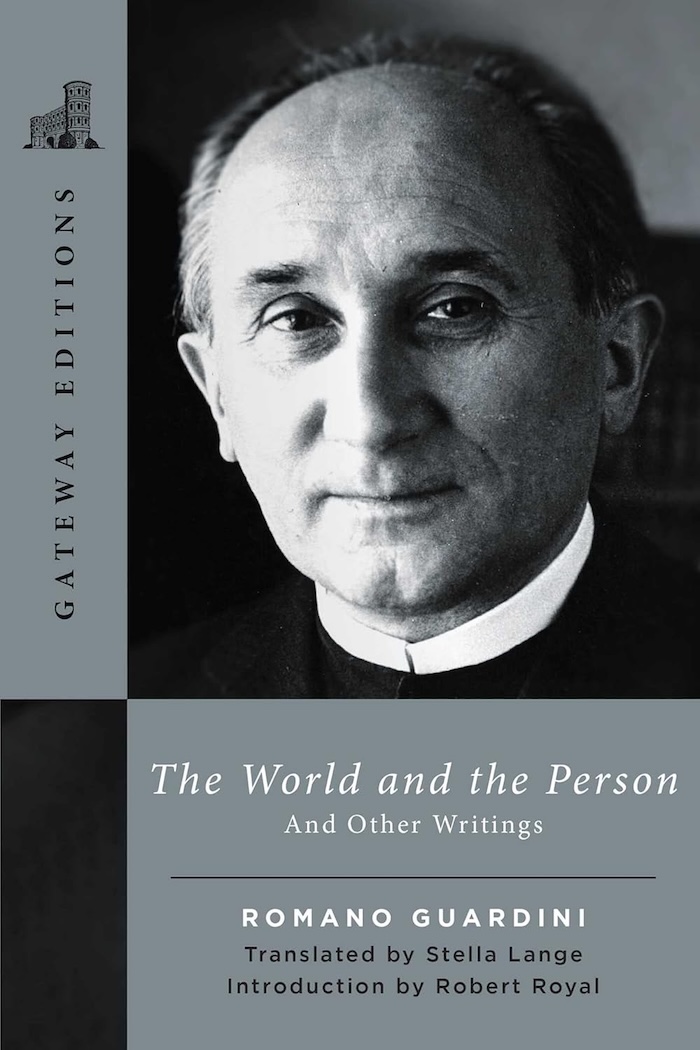
“The idols of the gentiles are silver and gold, the works of the hands of men.
They have a mouths and speak not; they have eyes, and see not.
They have ears, and hear not; they have noses and smell not.
They have hands and feel not; they have feet and walk not; neither shall they cry out through their throat. . . .
Let them that make them become like unto them, and all such as trust in them. . .
“Man is the image of God. But wherein does this likeness consist? Scripture defines it by saying that God rules and that He has granted to man the power to do this also. We must understand correctly what this ‘also’ means: God rules by his very nature because He is God; but man rules by grace because God gives him the power. He is under obedience to God; therefore, the world obeys him. By understanding, judging, acting, and shaping, he molds this world into his kingdom. Since he himself is in the service of the supreme Lord, it becomes the kingdom of God. This is the image and likeness.
“If man had persevered in doing this, he would have become more and more ‘like’ God. He would have taken over the world more and more perfectly and in purer and purer love would have returned it to God. But he rebelled. He wanted to rule by his own power and to possess the world for himself. The result was that he became the slave of the world. He betrayed the true Lord and so the world became his god. This is expressed by the gods, personifications of the power which the world gained over man when he fell away from God. And so man who was meant to be the image of God became like to the gods. What that means may become clearer if we look not only at Apollo and Athena, but also at the dark and dreadful and hideous forms to whom men have paid divine honors. Then our glance will become sufficiently sober to see even in the brightest Olympians the empty coldness, the anonymous ‘it.’
“This is a truth which we must recognize. What man is, is ultimately determined not by himself but by the divinity in which he believes. Rationalists are in the habit of saying that man conceives of divinity according to his character, his temperament and the needs of his life. Certainly there is something in this. But actually the situation is reversed: man himself becomes like the divinity in which he believes. And if he does not believe in any then it is this nothingness which determines his inmost being.
“If, for example, a man is conscious of the fact that God has created him by calling him forth, so that he is one who is addressed by God; if he regards the various situations of his life as modes of this call, and his own action as the answers that he gives, then the core of his person becomes more and more solid, secure and free; his nature becomes ever richer and more receptive of eternity.
“But if man conceives of divinity as pantheism conceives of it, as the world-spirit, the fundamental mystery or the basic nature of the universe, then there is no clear and binding ‘Thou,’ but only a hazy indefiniteness. Then this indefiniteness passes over into his inmost being and he loses the ability to answer the decisive questions of existence by a clear yes or no; this way and not otherwise.
“And if he wishes to return to mythology, as in the twelve years of madness when the Germanic gods were to be revived; or as some philosophers and aesthetes do, who insist that for them the Greek gods are a valid reality, then man loses all seriousness, for the gods are ‘nothing,’ in whatever forms they may appear, political or philosophical or aesthetic.
“But if divinity is absolutely denied and eradicated, and radical positivism or materialism dominates, then there is an evil emptiness in the depths of man’s being. It may be covered by the coercion of power, the din of progress, the appearance of prosperity, but it is there, and it makes man interiorly defenseless and leaves him at the mercy of the state.
“The God in whom we believe, the living and free, is our support and our defense; let us not forget that. In the measure in which He disappears from the consciousness of man, man’s nature is corrupted. He no longer knows who he is. However exact his science, however advanced his technology, however refined his culture — actually he is disoriented and without support. He is at the mercy of every falsehood and despotism. It is exactly as the Psalmist says: man becomes like the God in whom he believes. . . .
“The fundamental decision of our life consists in recognizing who He is, in view of the gods and the godlessness in politics, culture, poetry or wherever it may be. Only because God has established his being is man what he is. Only by receiving himself from God does he remain sure of himself. Only because he is addressed by God can he really say ‘I.’ For his whole existence is only the answer to the creative call: ‘Thou, be!’”
— from Romano Guardini, The World and the Person and Other Writings (Gateway Editions, 2023)